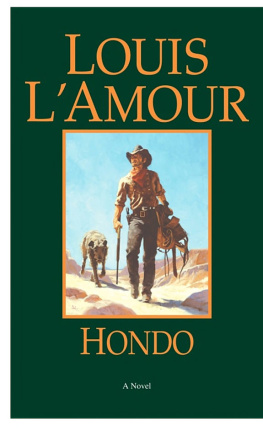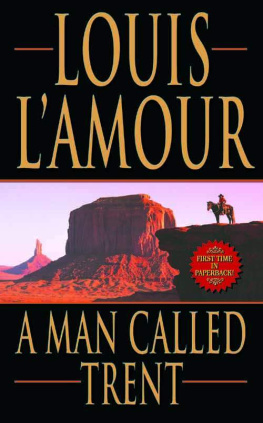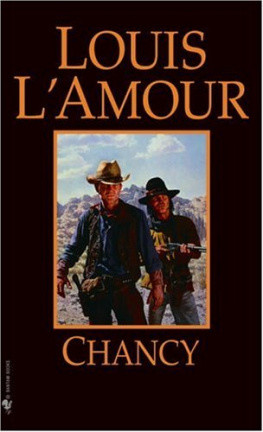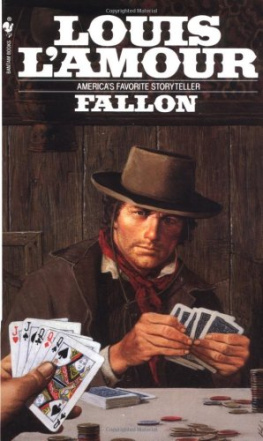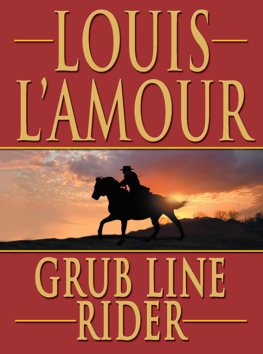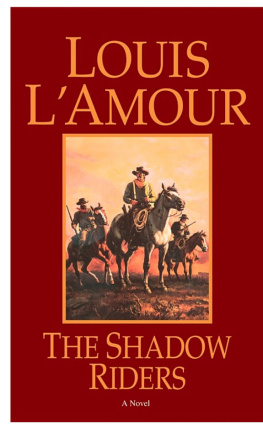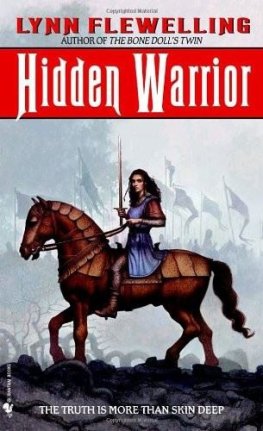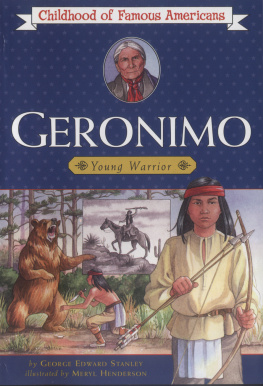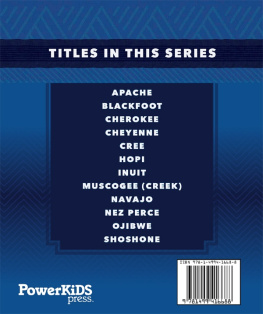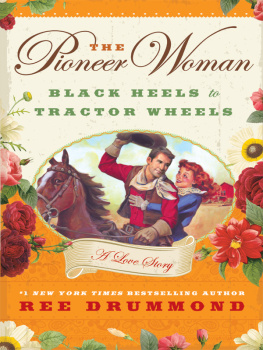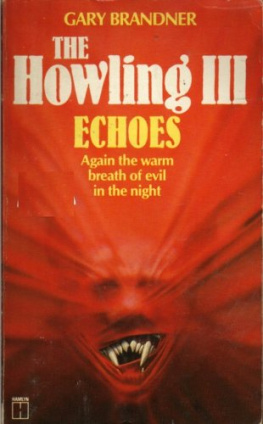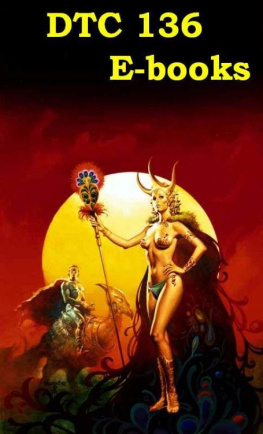Hondo (1953)
L'amour, Louis
Hondo
Louis L'Amour
*
Chapter One
He rolled the cigarette in his lips, liking the taste of the tobacco, squinting his eyes against the sun glare. His buckskin shirt, seasoned by sun, rain, and sweat, smelled stale and old. His jeans had long since faded to a neutral color that lost itself against the desert.
He was a big man, wide-shouldered, with the lean, hard-boned face of the desert rider. There was no softness in him. His toughness was ingrained and deep, without cruelty, yet quick, hard, and dangerous. Whatever wells of gentleness might lie within him were guarded and deep.
An hour passed and there was no more dust, so he knew he was in trouble. He had drawn up short of the crest where his eyes could just see over the ridge, his horse crowded against a dark clump of juniper where he was invisible to any eye not in the immediate vicinity.
The day was still and hot. Sweat trickled down his cheeks and down his body under the shirt. Dust meant a dust devil or riders ... and this had been no dust devil. The dust had shown itself, continued briefly, then vanished, and that meant that he also had been seen.
If they were white men fearful of attack, they were now holed up in some arroyo. If they were Apaches, they would be trying to close in.
He studied the terrain with care, a searching study that began in the far distance and worked nearer and nearer, missing no rock, no clump of brush, no up-thrust ledge. He saw no further dust, heard no sound, detected no movement.
He did not move. Patience at such a time was more than a virtue, it was the price of survival. Often the first to move was the first to die.
Hondo Lane took out the makings and built another cigarette. When he struck the match he held it well back in the foliage of the juniper, keeping the flare invisible. He drew deep on the cigarette, returning his attention to the terrain.
The rough-looking mongrel dog that followed him had lowered himself into the soft earth beneath another juniper a dozen yards away. The dog was a big brute, gaunt from running.
It was hot. A few lost, cottonball bunches of cloud drifted in a brassy sky, leaving rare islands of shadow upon the desert's face. Nothing moved. It was a far, lost land, a land of beige-gray silences and distance where the eye reached out farther and farther to lose itself finally against the sky, and where the only movement was the lazy swing of a remote buzzard.
His eyes wandered along the ridge. To his right there was a shallow saddle, the logical place to cross a ridge to avoid being skylined. Logical, but obvious. It was the place an Apache would watch.
There were junipers beyond the ridge, and broken boulders upon the ridge itself. In less than a minute he could cross the ridge and be in the shelter of those junipers, and if he took his time and made no sudden moves to attract the eye, he might easily cross the ridge without being seen. He thought none of this. Rather it was something he knew, something born of years in wild country.
Hondo Lane crossed the ridge into the junipers and hesitated briefly, studying the country. His every instinct told him those riders had been Apaches and that they were somewhere close by. Yet the dog had given no sign.
He eased his weight in the saddle and checked the eagerness of the horse, which smelled the water in the river not far ahead.
Finishing his cigarette, he pinched it out and dropped it to the sand and angled down the slope. He slid his Winchester from its scabbard and rode with it across the saddle, keeping his horse to a walk. Vittoro was off the reservation with his fighting men, and that could mean anything. Council fires burned and there was much coming and going among the lodges. Mescaleros had been hunting with the Mimbrenos and the border country was alive with rumors.
Hondo Lane could smell trouble, and he knew it was coming, for others and for himself.
Ahead lay the river, and after the rains it would be running full and part of the crossing would be swimming. Lane liked no part of it. Since the rains he had crossed the trails of four bands of Apaches and they had been riding without their women and children, which meant raiding. Young bucks out to lift some hair or steal horses.
He went down the slope to the river, knowing there was no way of avoiding the crossing. He used every bit of cover and changed direction frequently, heading toward an inviting sand bar that led far out into the stream, yet when he was near it he suddenly switched direction and rode behind a clump of cottonwood and willow, going into the water in the shadow of the trees, and quietly, to make no splash.
The dog went alone with him and together they crossed. As the buckskin went up the bank, Hondo heard the twang of a bowstring and felt the buckskin bunch its muscles under the impact of the arrow. As the horse started to fall, Hondo Lane rolled free.
He hit the sand on his shoulder and rolled swiftly behind a drift log. When he stopped rolling he was looking past the butt end of the log with his rifle in position. He saw a movement of brown and his finger tightened and the rifle leaped in his hands. He heard the whop of the striking bullet and saw the Apache roll over, eyes wide to the sun.
As he fired, he moved, getting into a new position in coarse grass with almost no cover. And then he waited.
Hondo dried his sweaty palms on his shirt front and blinked to keep the sweat out of his eyes. The sand was hot beneath him, the sun hot upon his back. He smelled the stale sweat of his body, the smells of tobacco, horse, and greasewood smoke that lived with him. He waited, and there was no sound.
A fly lighted on the back of his hand, he heard the sound of water running over stones. Around him were the gray bones of a long dead tree. His shoulder cramped.
There was no movement; only a small bird started to land in a clump of brush, then veered away. It was a small bunch of brush and Hondo took a chance. He fired suddenly into the brush, spacing his shots. He heard a faint, gasping cry and fired again at the same spot.
Rolling back to his former position, he waited, then looked past the butt of the log. He saw a moccasin toe dig spasmodically into the sand, then he saw it slowly relax.
Two Indians, or more? He lay still, ears alert to sound. The moccasin toe remainded as it was. A tiny lizard appeared on a branch near him and stared, wide-eyed. Its tiny heart pounded, its mouth gaped wide with heat. He dried a palm, then flicked a stone into the brush twenty feet away. He heard it fall, and no sound followed.
Probably not more than two. His mouth felt dry and he dearly wanted a drink. Yet he waited, wanting to take no chance, and knowing too well the patience of the Apache.
Only after several minutes did he ease away from the log and circle to get a better look. The Apache lay still, his lower back bathed in blood that glistened redly in the hot afternoon sun.
Hondo Lane got to his feet and moved closer. The bullet had struck the Indian in the chest. It had cut through his body from the top of his chest and had come out in the small of his back, breaking his spine.
Lowering the butt of his rifle, Hondo took off his hat and mopped his brow with a handkerchief. He looked again at the sprawled brown body of the Indian, then glanced over at the other. Both were dead ... and this was not a good place to be.
The dog stopped under a tree and lowered himself to the ground, watching him. Hondo glanced at his dead horse, then stripped it of saddle, bridle, and saddlebags. It was a load, but swinging them together, he shouldered them and started off through the trees, walking with a steady stride. The dog rose from the ground in one easy movement and started after him.

